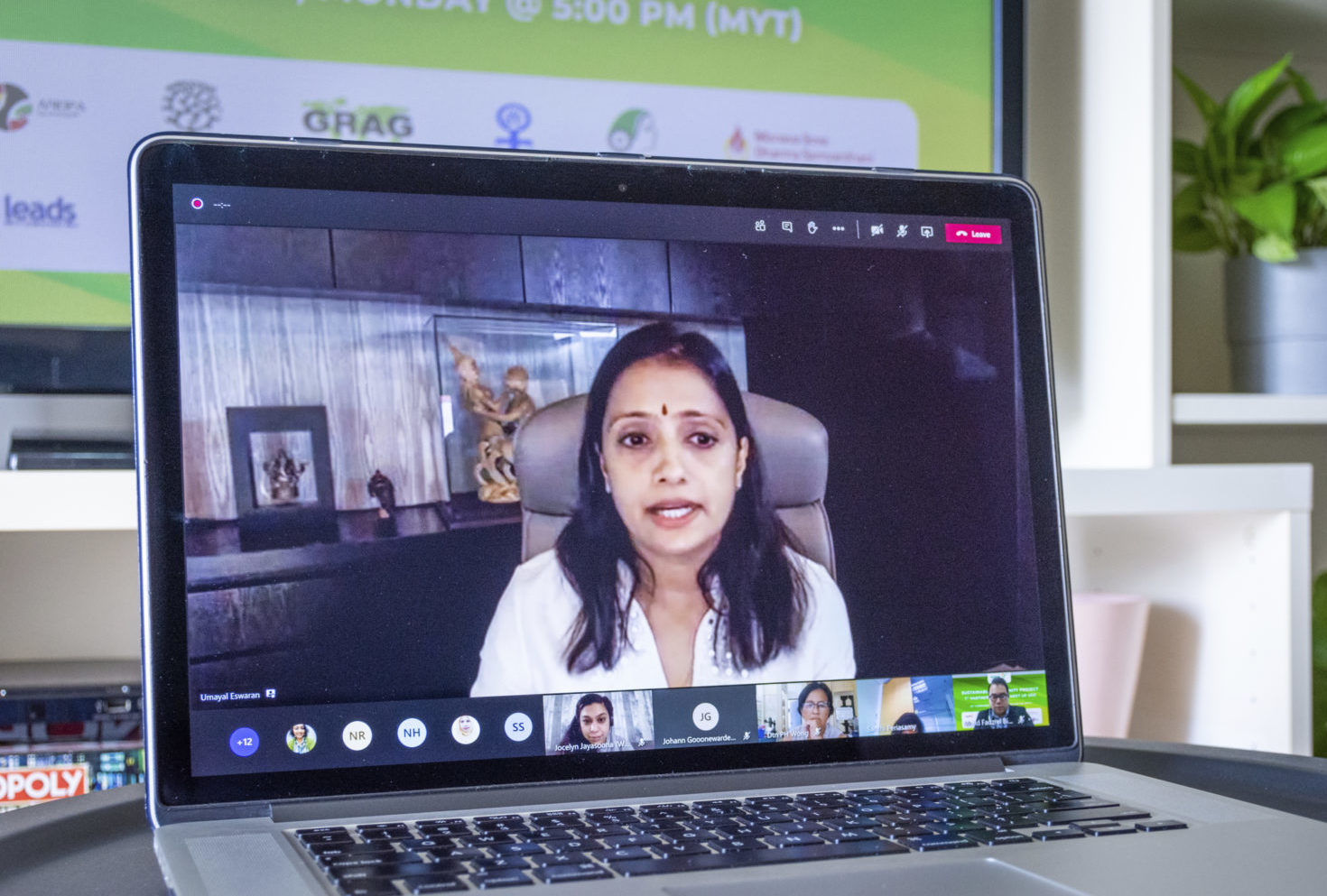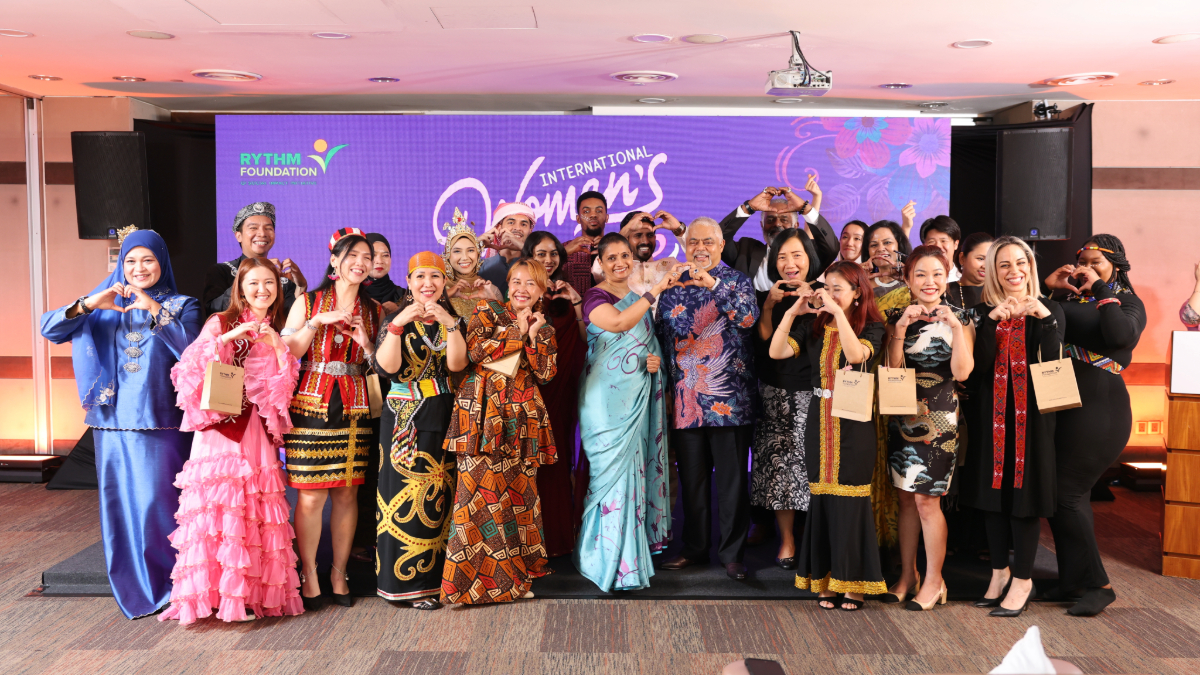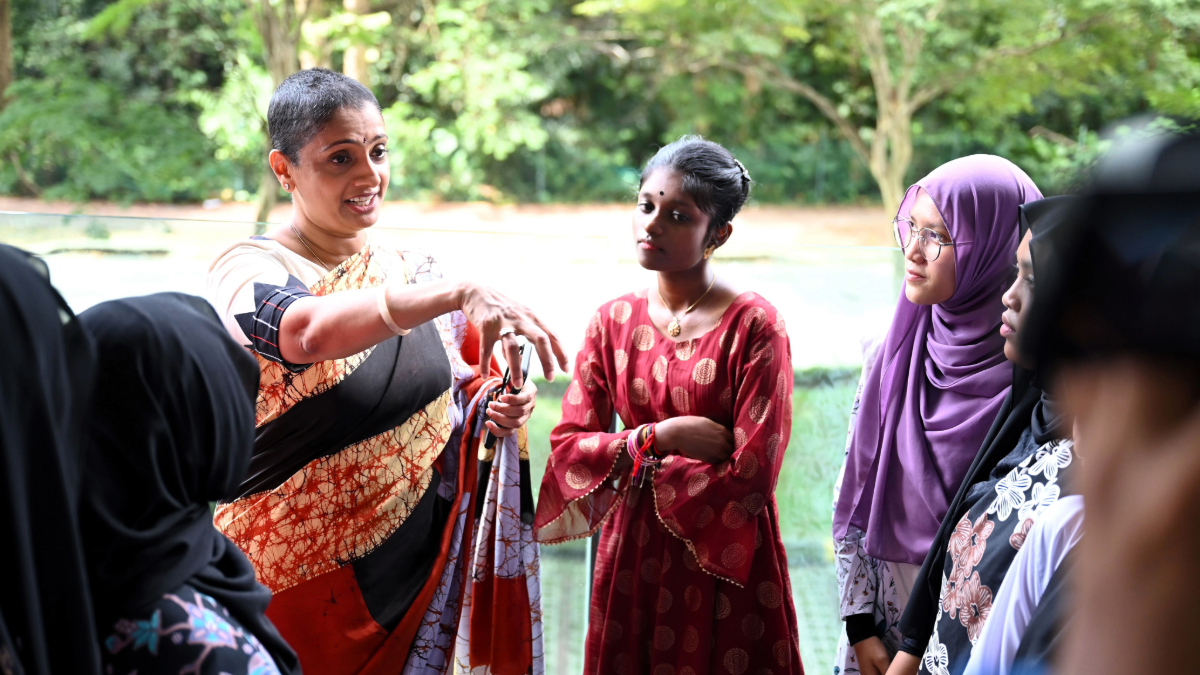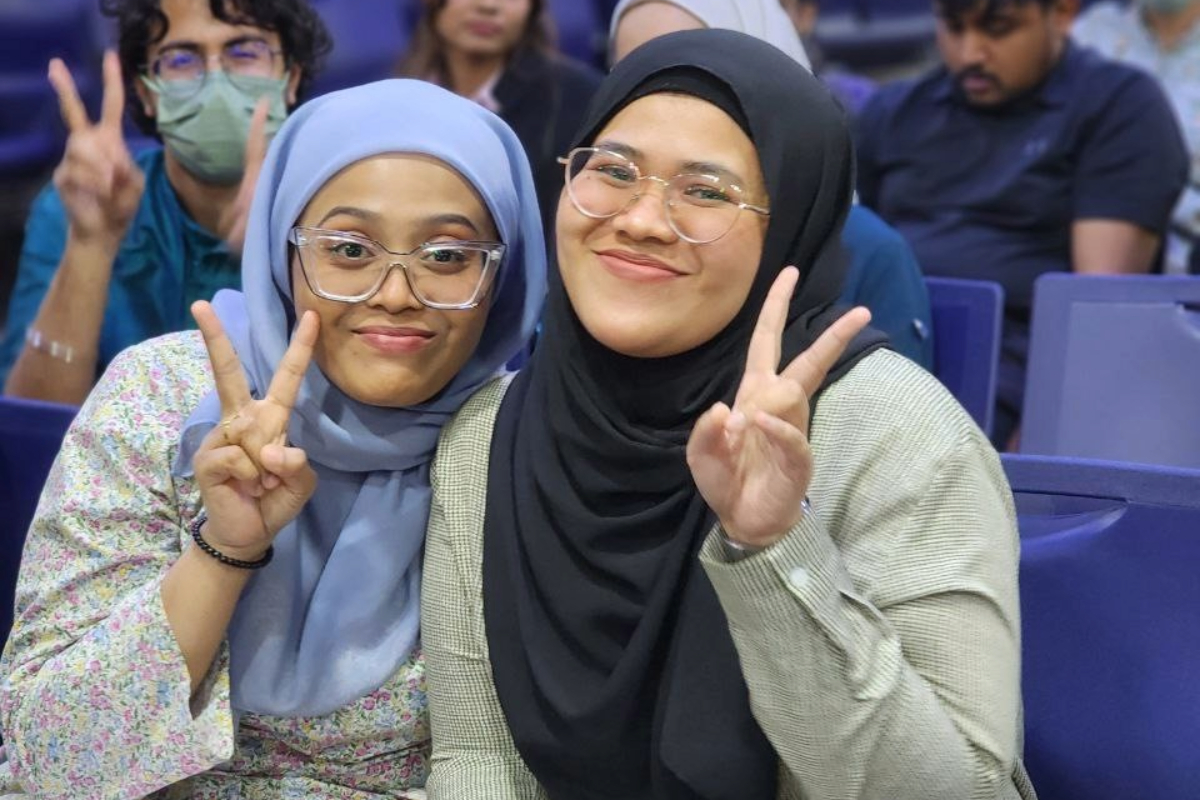This past year has been difficult for everyone in different ways. But for the non-profit sector and the grassroots organisations that work with vulnerable communities on the ground, it has been particularly difficult. Travel restrictions, lockdowns, social distancing are all necessary and good measures to ensure we prevent the spread of Covid-19, but this also means that many underserved communities that rely on support from these organisations are suddenly left without support.
Also, for organisations like ours that work with many international partners to implement programmes on the ground, it has been a challenge to monitor the developments and progress of the projects. The RYTHM Foundation team usually carries out regular monitoring visits to different partners during the year to evaluate impact and understand the challenges first-hand. But the pandemic has made that impossible.
The partners on their part have been doing their best to continue with the implementation of the projects despite the trials and tribulations of the pandemic and the lockdown. Recognising that this is a common theme among all the partners, RYTHM Foundation decided to organize a virtual meeting with all our partners to give them a platform to discuss the issues they have faced and the measures they took to overcome these challenges.
It was also the first time our Chairperson Datin Sri Umayal Eswaran would have the opportunity to meet everyone and talk to them directly.

In the first virtual partner meeting held on February 15, 2021, RYTHM Foundation invited our NGO partners from around the world to discuss how the pandemic has impacted the work they do, the progress on the projects funded by RYTHM Foundation, and how we could find solutions together to overcome the challenges they face in the new normal.
RYTHM Foundation Chairperson Datin Sri Umayal Eswaran hosted the meeting and thanked all the partners from various regions for the work they have been doing and acknowledged the challenges they’ve been facing in implementing projects on the ground during Covid-19.
“I am aware that the RF Project Team has been working closely with you in helping you address the challenges that have surfaced due to the pandemic and to formulate mitigating strategies to best drive forward the projects that you had already embarked on. I am happy that you have all been at it, despite the difficulties and struggles that you may have faced,” she said.
She pointed out that consistent engagement between the funders and executors is vital for the projects to achieve the desired outcomes and make a positive impact on those who need it the most.
“Through the Sustainable Community Projects (SCP) initiative, our aim is to help the communities that we are supporting to become self-sustaining in the long term.
She said through the various SCP Projects and partnerships, the Foundation hopes to help as many beneficiaries as possible.
“From young children to women, from the urban poor to rural communities, from social to micro-enterprises, our SCP Projects cover a wide range of beneficiaries. As such it is my wish that all of you would be able to embrace the aspirations of RYTHM Foundation which has one fundamental goal — Empower Lives and Transform Communities.”
Through the SCP initiative, RYTHM Foundation provides grant opportunities for its partners to establish and facilitate programmes that promote and strengthen the Foundation’s three primary focus areas which are Education, Gender Equality and Sustainable Human Development.

Prabhat from the Mann Deshi Champions Youth Development Centre in India said the partnership with the Foundation has helped young girls from rural communities to achieve their dreams.
“Many of the girls here get married as young as 14 years-old. Through this partnership we help the girls to learn to become independent and find their potential to shape their own future,” he said.
Earnest Appiah from the ANOPA Project in Ghana said he found the discussions and the sharing of experience at this virtual session insightful and hoped to participate in more such discussions in the future.

A total of 13 partners from India, Sri Lanka, Indonesia, Malaysia, Senegal, Tanzania and Ghana attended the over 2 hour-long discussion and each partner shared their experiences and their aspirations for the future.





